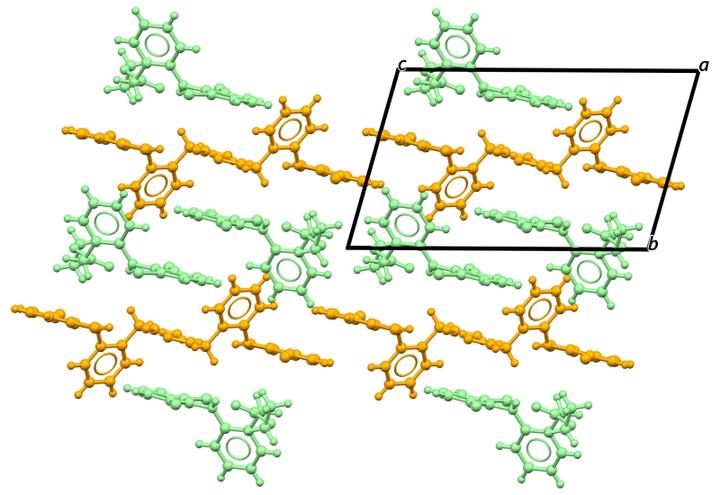Cocrystal construction between the ethyl ester with parent drug of diclofenac: structural, stability, and anti-inflammatory study

Abstract
This study aimed to collect the crystallographic data of ethyl diclofenac and discover a cocrystal from this ester with its parent, diclofenac acid, and to investigate their physicochemical properties and anti-inflammation activity. Firstly, ethyl diclofenac single crystal was isolated and continued by the cocrystal screening and isolation. Solid characterization was conducted by thermal analysis, infrared spectroscopy, powder x-ray diffractometry, followed by structural determination using a single crystal x-ray diffractometer. The stability of the cocrystal toward heating and high humidity, followed by the anti-inflammatory activity, was also studied. Ethyl diclofenac and the cocrystal were successfully isolated and subsequently subjected to lattice system determination. Interestingly, the new cocrystal can be generated directly by Fischer equilibrium reaction during esterification of diclofenac acid. Structurally, ethyl diclofenac reveals a P21/c monoclinic and the cocrystal between this ester with its parent drug is a P-1 triclinic system. A hydrophobic interaction -C-Cl-, which is rarely found in a cocrystal, involved in the molecular interaction between ethyl diclofenac and the parent drug, besides the hydrogen bonds. The newly isolated cocrystal has a melting point ±103-104 °C, which is higher than that of ethyl diclofenac (±67.5 °C) but lower than that of diclofenac acid (±173 °C). Hence, this cocrystal is stable towards accelerated stability testing by heating in a microwave, as well as storing in high relative humidity. Moreover, the anti-inflammation test also showed promising activity improvement.